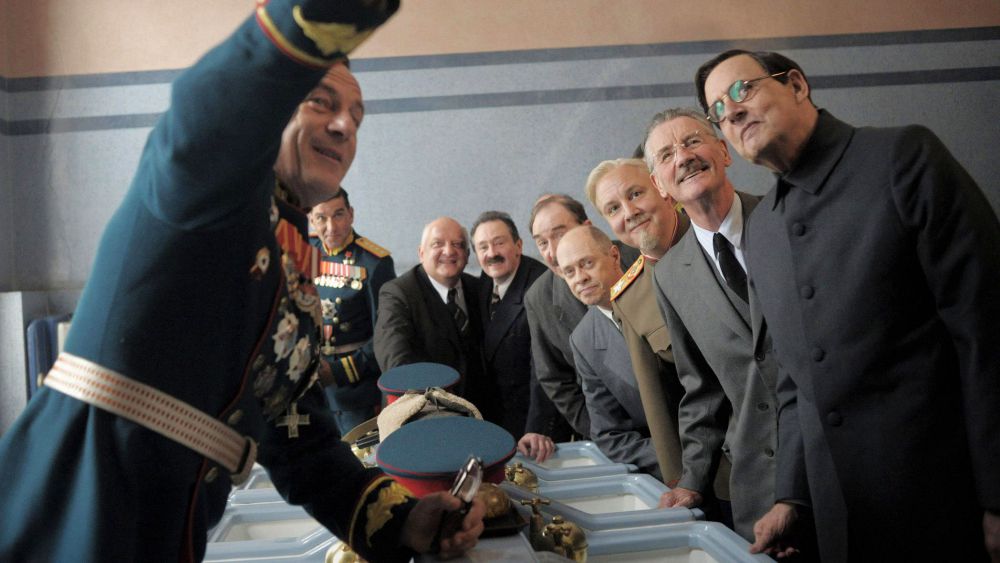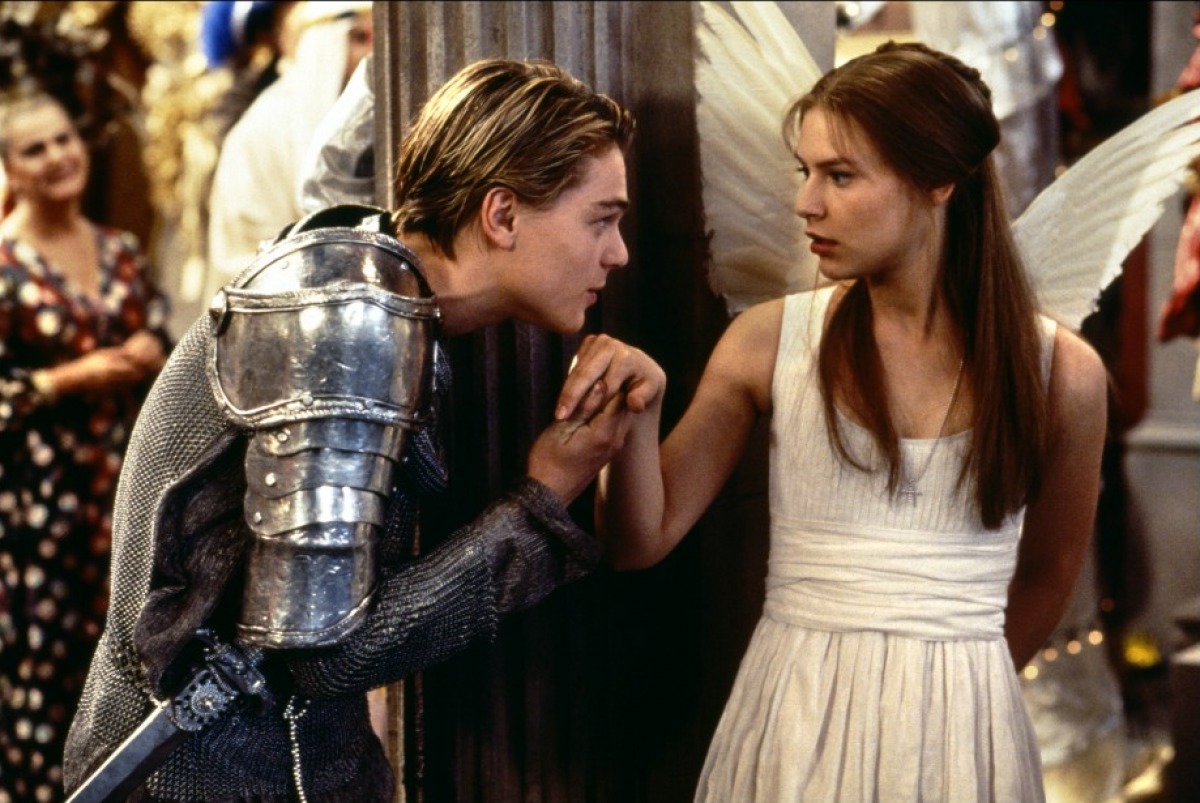5. The Death of Stalin

Speaking of Draconian communist regimes, Armando Iannucci’s The Death of Stalin was as clever as Joseph Stalin was brutal. The fact that Stalin was a genocidal maniac has not prevented a vast majority (70%) of Russians from having a positive view of the dictator, mostly due to a stunning public ignorance of his crimes against humanity.
Because of this, as well as the fact that Russia does not exactly have a robust tradition of free speech, the film was banned in Russia for its alleged Russophobia, since criticizing a maniac responsible for the deaths of numerous innocent Russians apparently means that you hate Russians.
Despite the warm feelings that Stalin still engenders in Russia, as well as a pervasive, censorious attitude in the country, polls showed that a solid majority of Russians would be willing to see the film if the ban was lifted.
Despite the public’s opinion on the matter, Russia’s Minister of Culture, Vladimir Medinsky, still upheld the ban as the film supposedly promoted extremism, as nothing is more extremist than hating Stalin. Perhaps Mr. Medinsky just wanted to spit on Leon Trotsky’s grave from afar.
6. L’Age d’Or

It might be difficult to imagine now, but Christianity once held quite some power in France – so much so that a French nationalist group, the League of Patriots, managed to get Luis Buñuel and Salvador Dalí’s neglected classic, L’Age d’Or, banned in France for decades due to its anti-Christian themes and its critical view of contemporary bourgeois sexual mores; the League of Patriots even blamed the film’s left wing ideology on the Jews, despite the fact that neither Buñuell nor Dalí were Jewish, nor was the primary source of inspiration for the film, the Marquis de Sade.
The irrationality of the ban aside, it lasted for decades in France and was not shown legally in the United Sates until 1979. While the film is undeniably more sophisticated than Buñuel and Dalí’s earlier collaboration, Un Chien Andalou, its nearly fifty-year absence from the United States and France stopped it from becoming as widely seen or influential as the earlier film. As sad as that is, it makes L’Age d’Or ripe for rediscovery in the Information Age.
7. Romeo + Juliet

Romeo + Juliet is the rare film to get banned for reasons totally unrelated to its content. After Claire Danes finished filming the now forgotten crime drama, Brokedown Palace in Manila, the capitol of the Philippines, Danes told Vogue that the “ghastly and weird” city “smelled of cockroaches, with rats all over all, and the people do not have anything, no arms, no legs, no eyes.” These callous comments caused the President of the Philippines to decide to ban Romeo + Juliet and all of Danes’ other films in the country until the actress apologized.
She responded by saying “Because of the subject matter of our film Brokedown Palace, the cast was exposed to the darker and more impoverished places in Manila. My comment…only reflects those locations, not my attitude toward the Filipino people. They were nothing but warm, friendly, and supportive.” This apology did not satisfy the Filipino government and the ban was not lifted.
However, two of Danes’ later films, Terminator 3: Rise of the Machines and Stardust, were released in the country, possibly due to a government oversight. It appears that one ever told Claire Danes that insulting potential patrons isn’t a great way to make money.
8. Barney’s Great Adventure

If one franchise has a good chance of being the most innocuous franchise ever conceived, it might just be Barney. Unlike the best of Disney or DreamWorks, Barney films don’t linger in the mind of those who watched them as they are devoid of any significant amount of conflict or thought. What offends so many critics about Barney is how horribly inoffensive he is.
While it’s not exactly the most artistic film ever made, Barney’s Great Adventure, the only Barney film to be released in theaters, isn’t the sort of film that one would imagine would get banned. In fact, the reasons why anyone would want to ban Barney’s Great Adventure are so inexplicable that the people who banned it didn’t have much of any explanation for why they did.
The government of Malaysia banned this movie starring everyone’s favorite (only because there’s no completion) purple tyrannosaurus because it is “inappropriate for children.” That’s all she wrote.